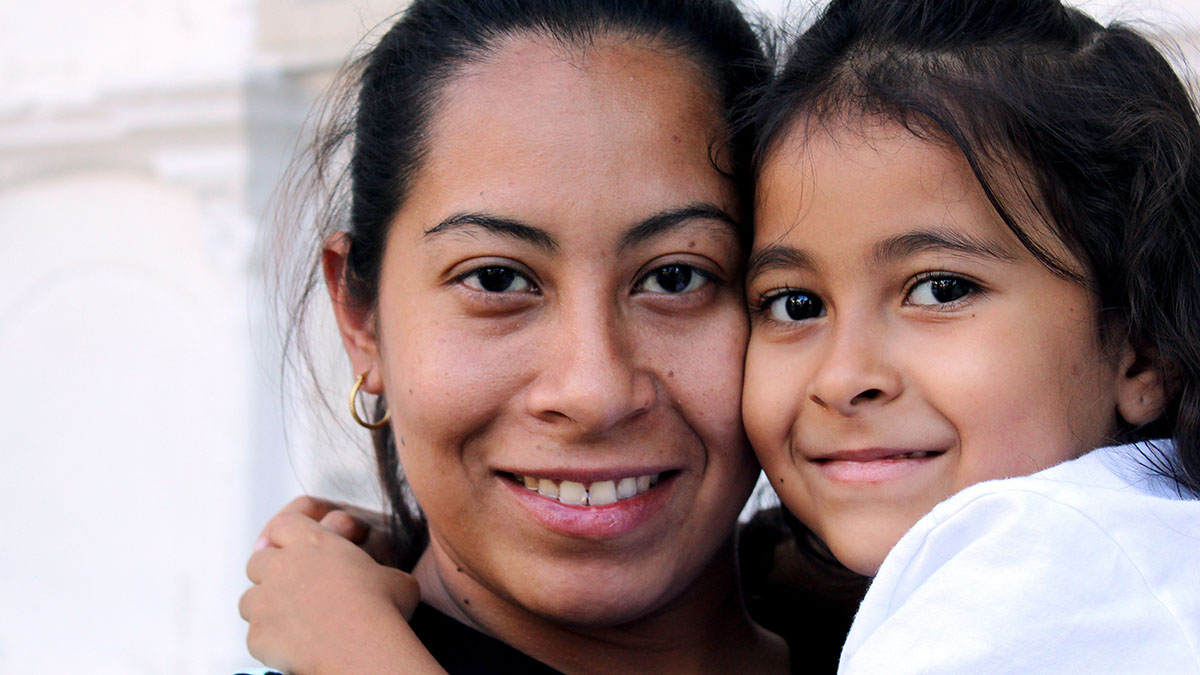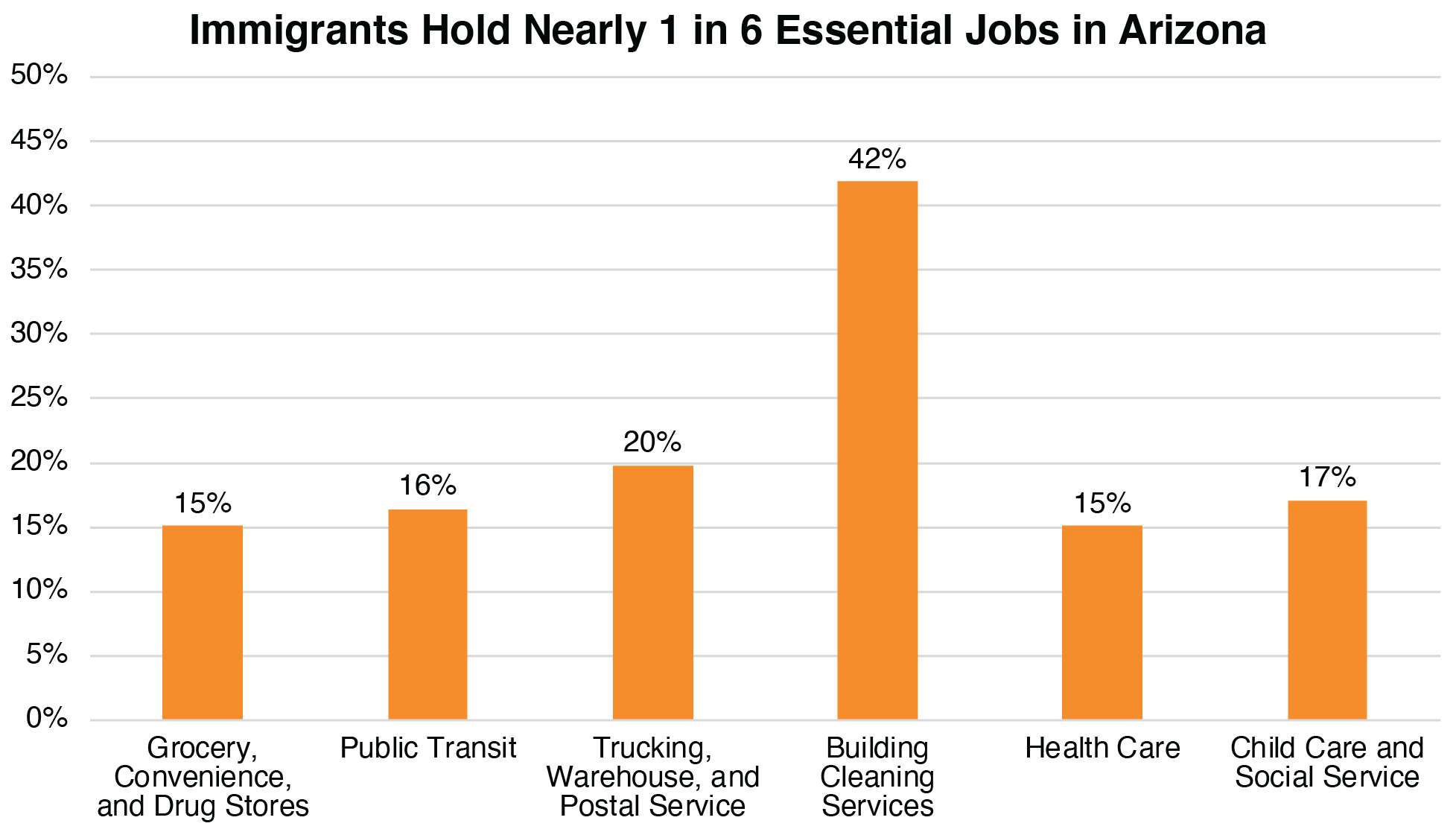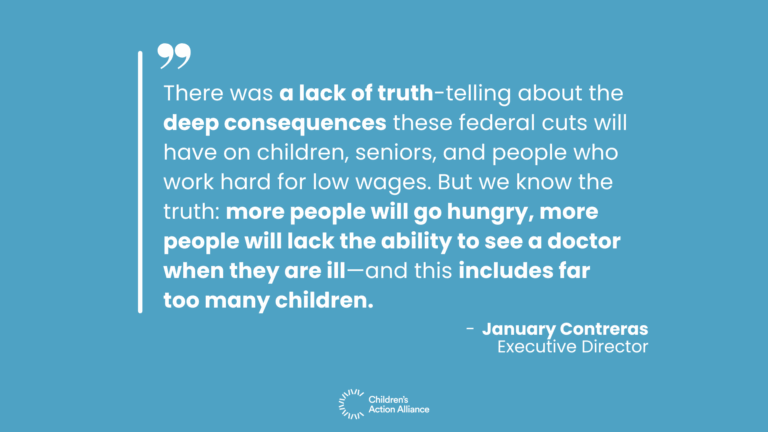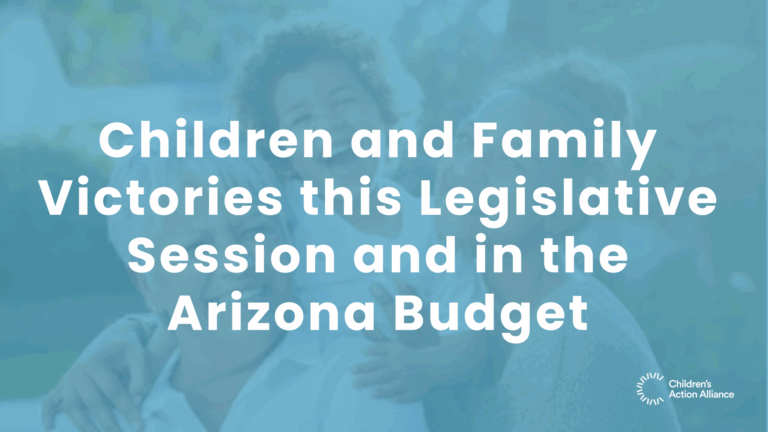
Immigrant Families Should Not Be Excluded From COVID-19 Response
This moment makes it clear that each and every person’s health and well-being is intertwined. Yet, the policy response to the COVID-19 pandemic has explicitly left many immigrant families out. This is particularly troubling in Arizona where more than one in four children are growing up in an immigrant household. Immigrant households are heavily represented in front-line essential jobs and nearly 16 percent of small businesses are owned by a foreign-born Arizonan.

However, immigrants who paid and filed their taxes using an individual Taxpayer Identification Number (ITIN) are ineligible for federal stimulus payments and unemployment benefits. Under the federal CARES Act, stimulus payments are denied to entire families if the tax filer (or their spouse, if filing jointly) uses an ITIN, rather than a social security number.
In Arizona, 104,000 children live in an immigrant household that did not receive a stimulus payment due to an ITIN filing.
In addition to financial relief, state lawmakers can ensure everyone has access to no-cost testing, treatment, and preventive services for COIVD-19 regardless of their immigration status. Many families in Arizona have withdrawn from or have not applied for health benefits they are eligible for due to fear and uncertainty surrounding harmful policies like “public charge”. While other states have used new federal flexibilities to expand where undocumented immigrants can access emergency Medicaid (AHCCCS) for COVID-19 testing and treatment, Arizona has not. States can also allocate state funds to provide Medicaid and CHIP (KidsCare) services to all children, regardless of their immigration status.
The exclusion of certain immigrants undermines our economic recovery and public health. The next federal COVID-19 legislation should extend CARES Act financial payments to ITIN filers and Arizona should expand emergency Medicaid (AHCCCS) for immigrant families who need it.



